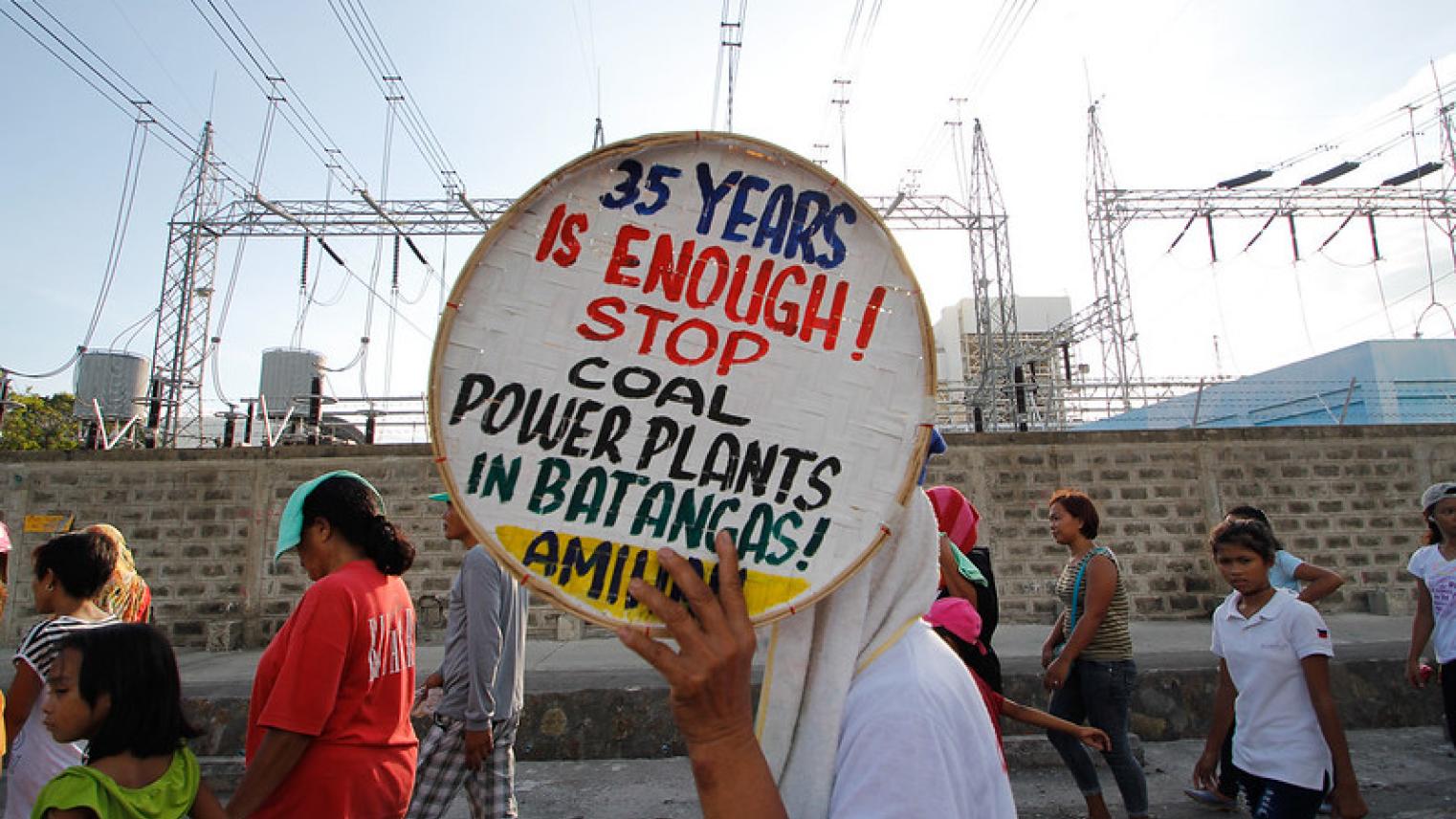At Pyxera Global, the organization is committed to creating a world where equitable and regenerative systems allow all communities to thrive. The recently published report, “Optimizing Circular Logistics: A Revisited Approach”, sponsored by FedEx, highlights efforts to advance the circular economy model, with a focus on the logistics sector’s role in this transformation.
A More Secure and Sustainable Supply Chain
In contrast to the traditional linear economic model, which relies on the constant consumption of new resources, the circular economy provides a more secure global supply chain. This approach maximizes resource reuse, reduces waste, and fosters new economic opportunities. The report provides a detailed analysis of how the logistics industry can act as a catalyst in this transition, by facilitating the collection, sorting, and redistribution of products and materials for reuse, repair, or recycling.
The Role of Logistics in the Circular Economy
The logistics industry is uniquely positioned to play a critical role in enabling circular supply chains. By leveraging expertise in managing global transportation networks, logistics companies like FedEx can drive circular logistics, collecting used materials, sorting them for value, and redistributing them for further use. This not only keeps products in circulation for longer but also decreases the demand for virgin resources, ultimately contributing to a decarbonized economy and reducing environmental pollution.
Change the World - Subscribe Now
Key Challenges and Opportunities
One of the report’s key findings highlights the significant challenge of cost-effective collection and sorting of materials. While many materials have high resale value, others do not, making it essential for logistics companies to develop innovative approaches. The report also points to the need for upskilling the workforce, as the sorting process requires specialized skills, particularly when dealing with complex materials like electronic waste.
Supporting Circular Supply Chains
The report emphasizes that logistics providers must go beyond their traditional roles, engaging more deeply with the concept of circular supply chains. FedEx’s participation in this research demonstrates the growing importance of logistics companies in enabling the transition to a circular economy.
By collaborating with industry peers and stakeholders across the supply chain, logistics providers can create a more sustainable and efficient network that supports economic growth while protecting the environment.
A Blueprint for the Future
As Pyxera Global and FedEx continue to explore the role of circular logistics, this report serves as a blueprint for companies looking to optimize their supply chains for sustainability. It is clear that the logistics industry will play a pivotal role in creating a more sustainable and resilient global economy.y.
Related Article: Lego’s Bold Move: Shifting to Renewable Plastic by 2026

 Follow SDG News on LinkedIn
Follow SDG News on LinkedIn











